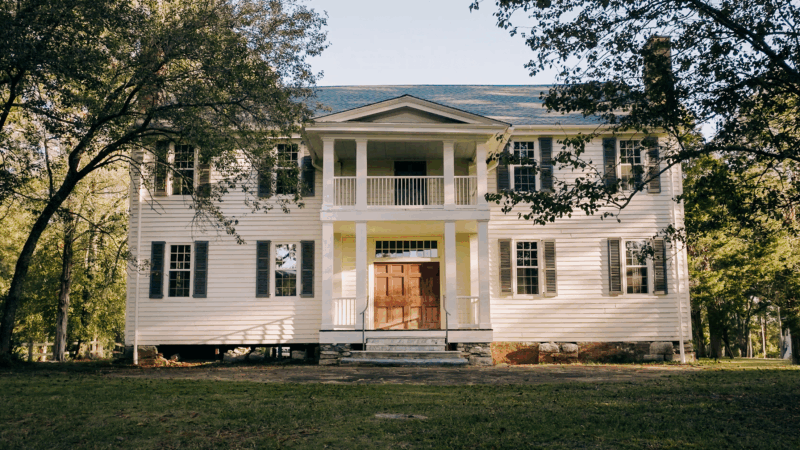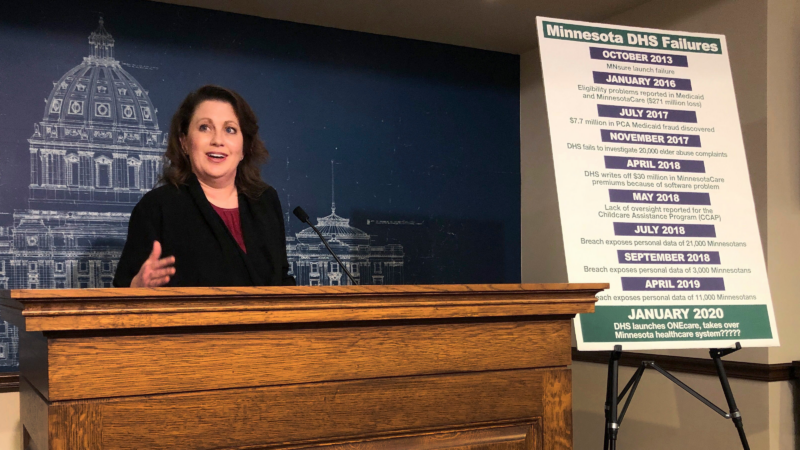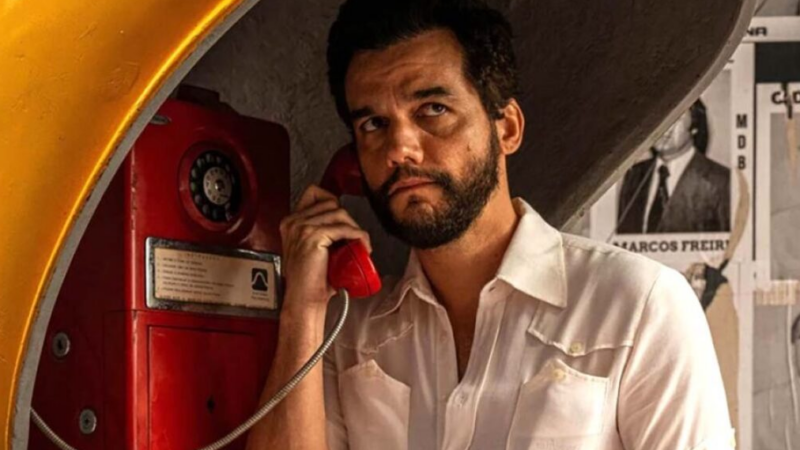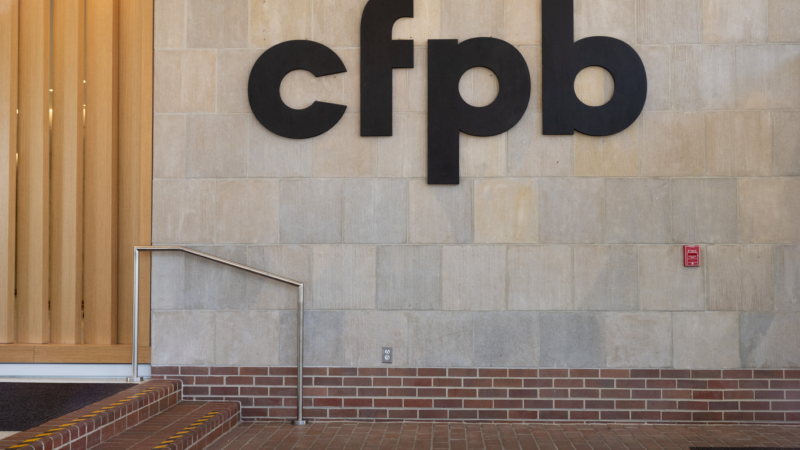A former plantation becomes a space for healing, art and reparative history
Harpersville is a small town in Alabama.
It’s predominantly white. It’s located in Shelby County, which the local Republican Party calls the reddest county in America. It’s also home to a new museum exhibit about a particular chapter of Black history. About what happened in Harpersville after formerly enslaved people were emancipated, granted their freedom — and not much else.
NPR’s Picture Show spoke with Tyler Jones who is part of a narrative studio based in Birmingham called 1504. They have been collaborating with the Wallace Center for Arts and Reconciliation to recenter the stories of Black descendant communities through creative, embodied storytelling.
With a growing network of designers, historians and local leaders, they are exploring participatory forms of interpretation that invite people to feel, not just understand, the weight of this place.
What inspired you to take on this project, and what did you hope it would achieve? Why was this the right time and place for a reparative history project using art?
Across the South, antebellum sites are often romanticized, obscuring the brutal realities of enslaved labor that made that era — and its wealth — possible. But something remarkable is happening in rural Alabama, where a plantation from 1841 is being reimagined not as a monument to the past, but as a space for reparative history and healing.
At a time when so much public discourse is fractured and politicized, art offers a deeper, more human way in. What better time and place to try connecting with a new generation around the importance of seeing history as the story of our shared humanity?
How did local residents, particularly descendants of both the enslaved and the enslavers, engage with the project? Were there collaborative aspects in the creation of the installation?
In The Praise House, we documented the making of a site-specific sculpture by Tony M. Bingham that memorializes the hidden history of “hush harbors,” gathering places where enslaved people worshiped, grieved and resisted. It stands as a tribute to the local Black church and ancestral resilience.
The broader Healing History initiative brought together descendants of enslavers and the enslaved in dialogue to practice honest, often difficult conversation. Those exchanges revealed a deep hunger for acknowledgment and the importance of not minimizing the horrors of racial violence while also not reducing the Black experience to stories of trauma.
That kind of work doesn’t happen in isolation. It depends on cultural infrastructure — organizations like the Wallace Center and the Alabama Humanities Alliance — that are willing to stand in the tension and build something enduring, even amid funding challenges and political resistance.
What has been the response from the community to the installation? Have there been any notable stories that highlight its impact?
The response has been deeply moving. At the new exhibit “Out of Whole Cloth,” curated by Dr. Elijah Gaddis and designed by Robert Finkel from Auburn University, everyday objects tell the extraordinary stories of three families of free people in post-Emancipation Alabama striving to make a place for themselves.

At the opening, Salaam Green, Birmingham’s first poet laureate, facilitated rituals alongside members of the descendant community. These weren’t symbolic performances; they were acts of remembrance and reclamation.

Seeing members of the descendent community step into the Wallace House and encounter artifacts and hold photographs from their family history was a reminder of the power of storytelling — to stitch together memory, to make history personal, and to reflect human dignity.

“Out of Whole Cloth” is free and open to the public through November by appointment here.
Trump administration says it’s freezing child care funds to Minnesota
President Trump's administration announced that it's freezing child care funds to Minnesota after a series of fraud schemes in recent years.
Flu cases are surging and rates will likely get worse, new CDC data shows
Flu season is off to a rough start this year, according to new CDC data. The virus is spreading faster than in previous years and the surge is likely to get worse. Here's what you need to know.
10 passion projects that stood out at the movies this year
NPR critic Bob Mondello narrows down his favorite movies of the year — the ones that made audiences vibrate.
Judge orders Trump administration to continue to seek funding for the CFPB
The order is the latest in a complex legal battle over the fate of the Consumer Financial Protection Bureau, a watchdog agency.
In a year of steep challenges, there were still shining moments in global health
The Trump administration's deep cuts in U.S. foreign health aid had a devastating impact. Yet there were achievements of note in spite of it all.
An escalation in Yemen threatens to reignite civil war and widen tensions in the Gulf
Saudi Arabia bombed Yemen's port city of Mukalla, targeting a shipment of weapons from the United Arab Emirates for separatist forces. The UAE later said it would withdraw its forces from Yemen.








